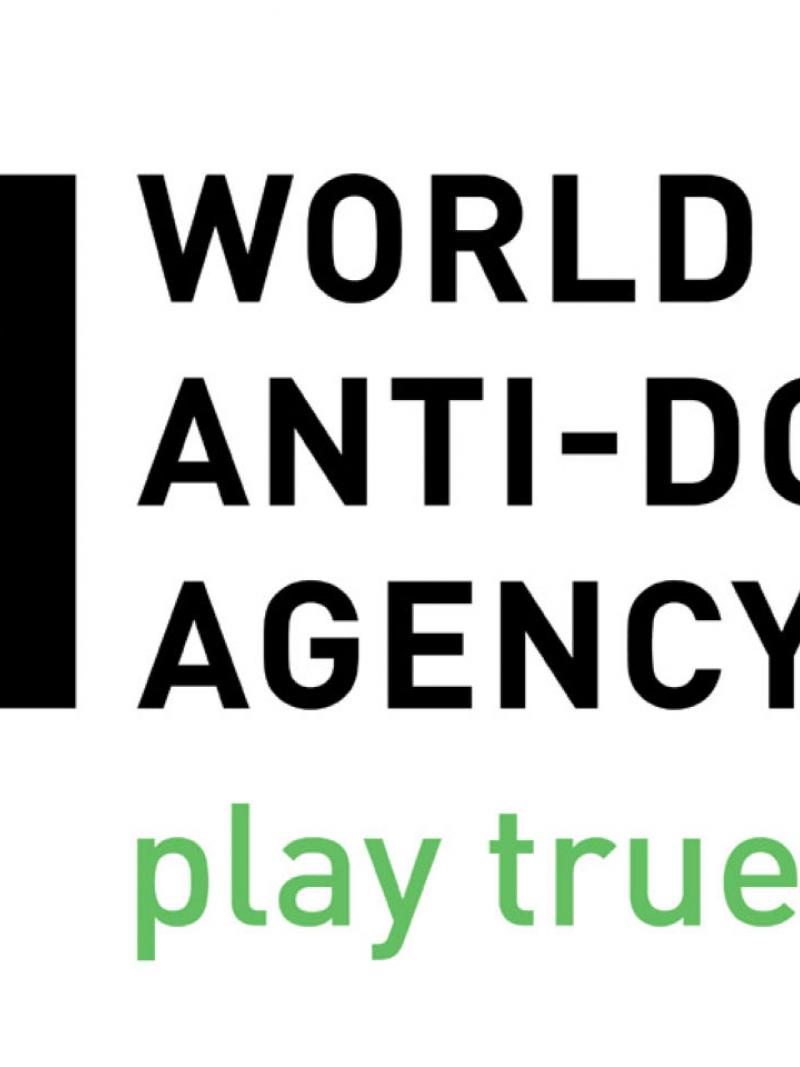WADA meets with International Federations
The World Anti-Doping Agency provides intelligence from Moscow’s Laboratory Information Management System Database 17 Dec 2017
“International Federations can consider WADA’s I&I Team as their collaborative partner in pursuing their investigations."
The World Anti-Doping Agency’s (WADA’s) Intelligence and Investigations (I&I) Team - led by Gunter Younger, Director of I&I - has met with over 60 representatives from International Federations (IFs), the International Olympic Committee (IOC), the International Paralympic Committee and other Anti-Doping Organisations in Lausanne, Switzerland, to share valuable intelligence from the Laboratory Information Management System (LIMS) database of the former WADA-accredited Moscow Laboratory.
On 10 November 2017, WADA announced that its I&I Department was confident that it was in possession of the LIMS, which contains all testing data between January 2012 and August 2015. The I&I Department has since forensically reconstructed the database; determined its authenticity; uncovered and analysed its hidden content; and, determined what valuable intelligence could be shared with these organizations to complement their results management process that was first initiated by the outcomes of WADA’s independent McLaren Investigation.
On 18 July 2016, WADA’s independent McLaren Investigation confirmed allegations of institutionalised manipulation of the doping control process before, during and after the 2014 Sochi Olympic and Paralympic Winter Games, which were made by Dr. Grigory Rodchenkov, the former director of the Moscow Laboratory.
The LIMS contains the results of thousands of individual athlete samples – a number of which relate to Presumptive Adverse Analytical Findings (PAAFs), which are suspicious results identified during an Initial Testing Procedure within the doping control process. Under the International Standard for Laboratories (ISL), following a confirmation procedure, PAAFs ought to be reported into ADAMS as Adverse Analytical Findings (AAFs). However, as outlined by McLaren Report I, in complete violation of WADA’s ISL, the Moscow Laboratory would report all PAAFs to the Ministry of Sport; the Ministry would return with a ‘save’ or ‘quarantine’ order; if ‘save’, the Laboratory would report the sample negative in WADA’s Anti-Doping Management System (ADAMS) – which was coined the Disappearing Positive Methodology.
During the meeting, WADA’s I&I Team provided relevant IF representatives with valuable new intelligence; such as: the names of the athletes and related performance-enhancing substances per the LIMS, affidavits, expert legal opinion and multiple other lists populated by data from the LIMS and other sources. They were also provided with WADA’s independent Pound Commission Report I that exposed widespread doping in Russian Athletics; WADA’s independent McLaren Investigation Report I and Report II; and, the IOC’s Schmid Commission Report that confirmed McLaren’s findings regarding the institutionalized system in Russia. The IOC and the University of Lausanne also presented the methodology used for the forensic analysis of the doping control samples from the 2014 Sochi Winter Olympic Games.
“International Federations can consider WADA’s I&I Team as their collaborative partner in pursuing their investigations,” said Gunter Younger. “It is now over to them to diligently follow up on this new intelligence. We will be available to advise and guide each Federation in the handling of their respective cases,” Younger continued. “While the LIMS data alone may not always be sufficient to establish an Anti-Doping Rule Violation (ADRV), this is very credible evidence that can be used in combination with other evidence to form a sufficiently strong case,” he continued. “By triangulating the LIMS data with e-mails from the McLaren Investigation, affidavits, forensic evidence and what was reported into ADAMS, cases that may have previously hit a dead-end can be resumed and new cases can be initiated – a number of which we believe will result in athletes being sanctioned.”
In WADA’s role as the global regulatory body, the Agency will be monitoring the results management process; and, retains the right of appeal to CAS as required.
As this is an ongoing investigation, WADA will not provide additional information at this time.





